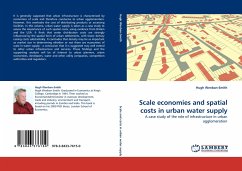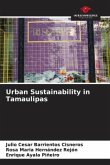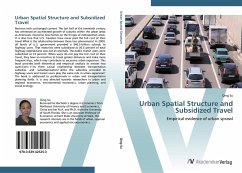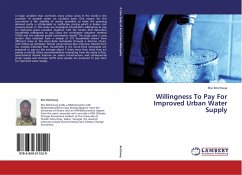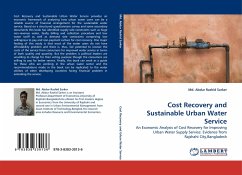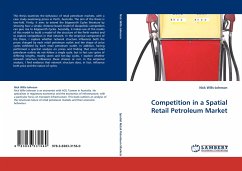It is generally supposed that urban infrastructure is characterised by economies of scale and therefore conducive to urban agglomeration. However, this overlooks the cost of distributing products or accessing facilities. In this volume, urban water supply is taken as a case study to assess the importance of such spatial costs, using evidence from Britain and the USA. It finds that water distribution costs are strongly influenced by the spatial form of urban settlements, with lower density raising costs substantially. It concludes that density may be as important as market size in determining whether or not there are economies of scale in water supply - a conclusion that it is suggested may well extend to other urban infrastructure and services. These findings and the supporting analysis will be of interest to urban planners, urban economists, developers, water and other utility companies, competition authorities and regulators.
Bitte wählen Sie Ihr Anliegen aus.
Rechnungen
Retourenschein anfordern
Bestellstatus
Storno

